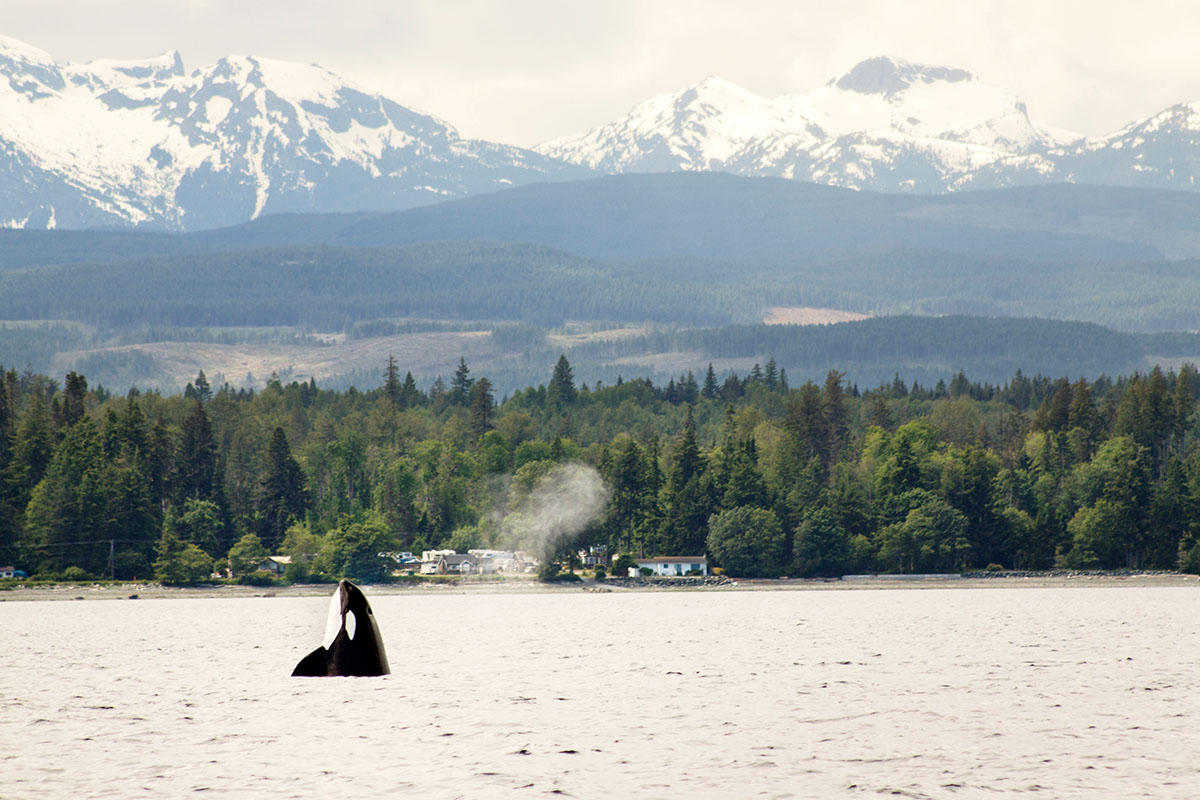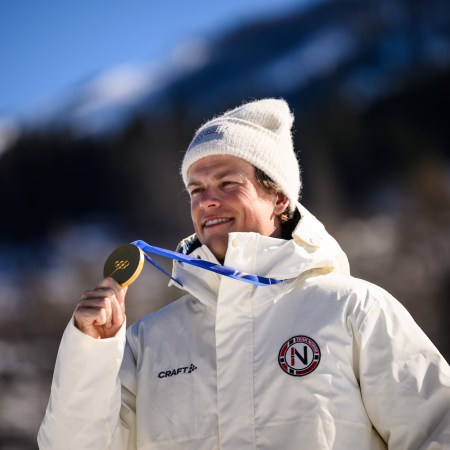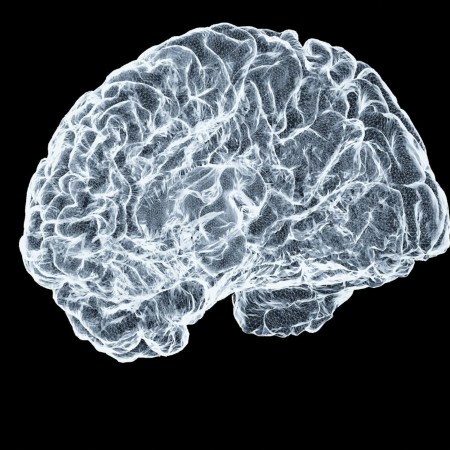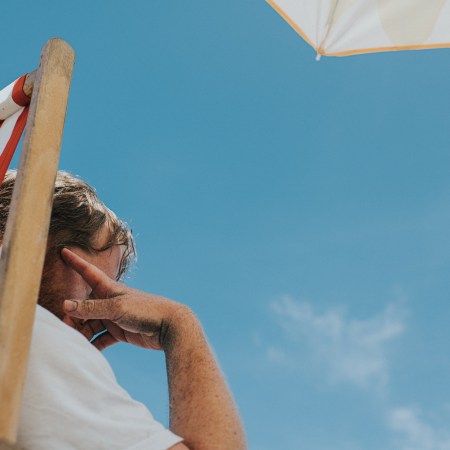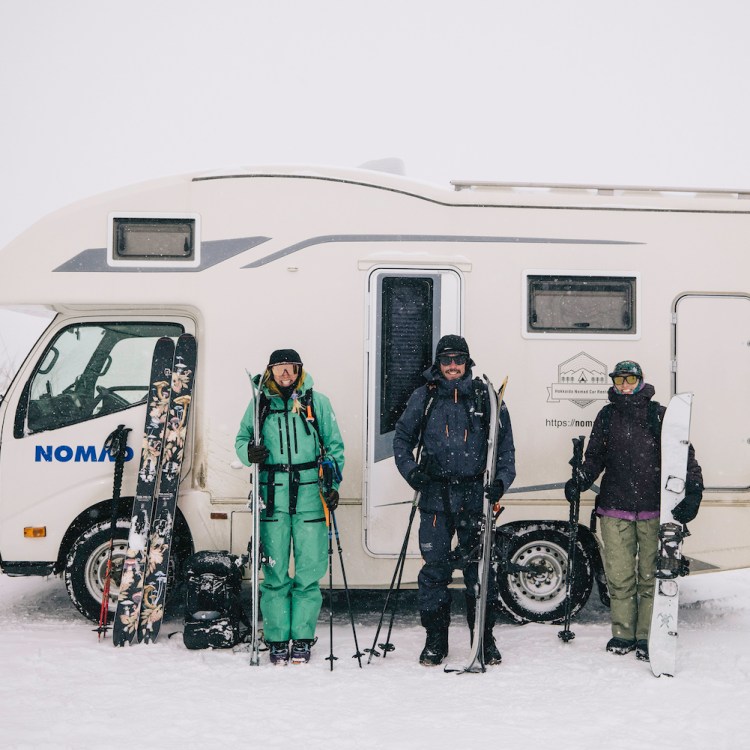Hundreds of scientific studies have now demonstrated that spending time in nature has mental and physical health benefits for those feeling stressed, uninspired, lethargic or burnt out from the daily (unhealthy) grind of sitting at a desk and staring at a screen.
And all over the world, different nations have different keywords for the importance of getting outside. Japan turns to shinrin-yoku, or “forest bathing,” which is the act of taking in nature using all of your senses. Germany’s mastered the art of volksmarsch, a non-competitive weekend walking event through the woods. Norwegians encourage koselig, which calls for a celebration of the outdoors, even in the depths of winter. And South Koreans “hit mung,” which means letting your mind go as blank as possible in a calm setting, usually in natural environs.
Canada’s doctors, in particular, have seen enough. In response to the sedentary demands of modernity — recent studies show adults spend 93% of their time indoors and “stir crazy” is literally scientific — they’ve instituted a new approach. British Columbia-based medical professionals are now prescribing national park passes to patients, through a program called PaRx.
After initially finding popularity years back, “nature prescriptions” saw a special uptick during the height of quarantine, in response to rising rates of anxiety and obesity. The United States has about 100 park prescription programs, plus a centralized database (Park Rx America) with a list of searchable parks and public lands. Patients are generally encouraged to visit their local greenspace for a set amount of time each week. Think: Monday, Wednesday, Friday, 30 minutes a session.
Canada is aiming a bit higher with its program, prioritizing “patients who live close to national parks, historic sites or marine conservation areas, and also people who might have trouble affording an annual pass,” according to Global News. Eligible patients receive a Parks Canada Discovery Pass for free (usual cost: $72), which secures them entry into places like the Pacific Rim National Park Reserve, or Glacier National Park.
These physicians and psychiatrists seem less concerned with whether time in nature will “work,” or exactly what malady it will solve (they’re confident the prescription will improve any variety of mental or physical health conditions). They’re more interested in simply making nature more accessible, and from there, allowing it to do its thing.
The Charge will help you move better, think clearer and stay in the game longer. Subscribe to our wellness newsletter today.
